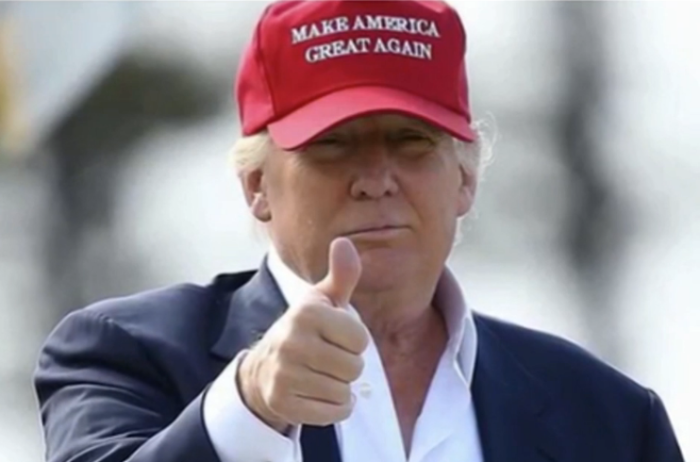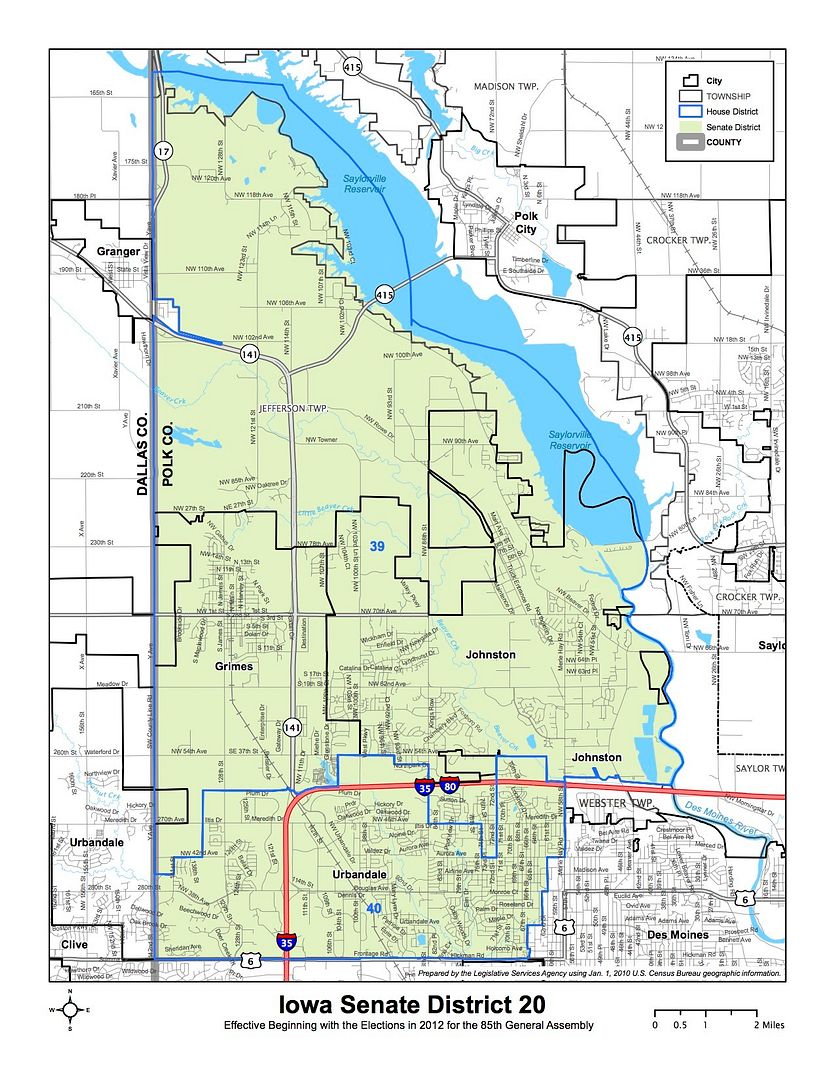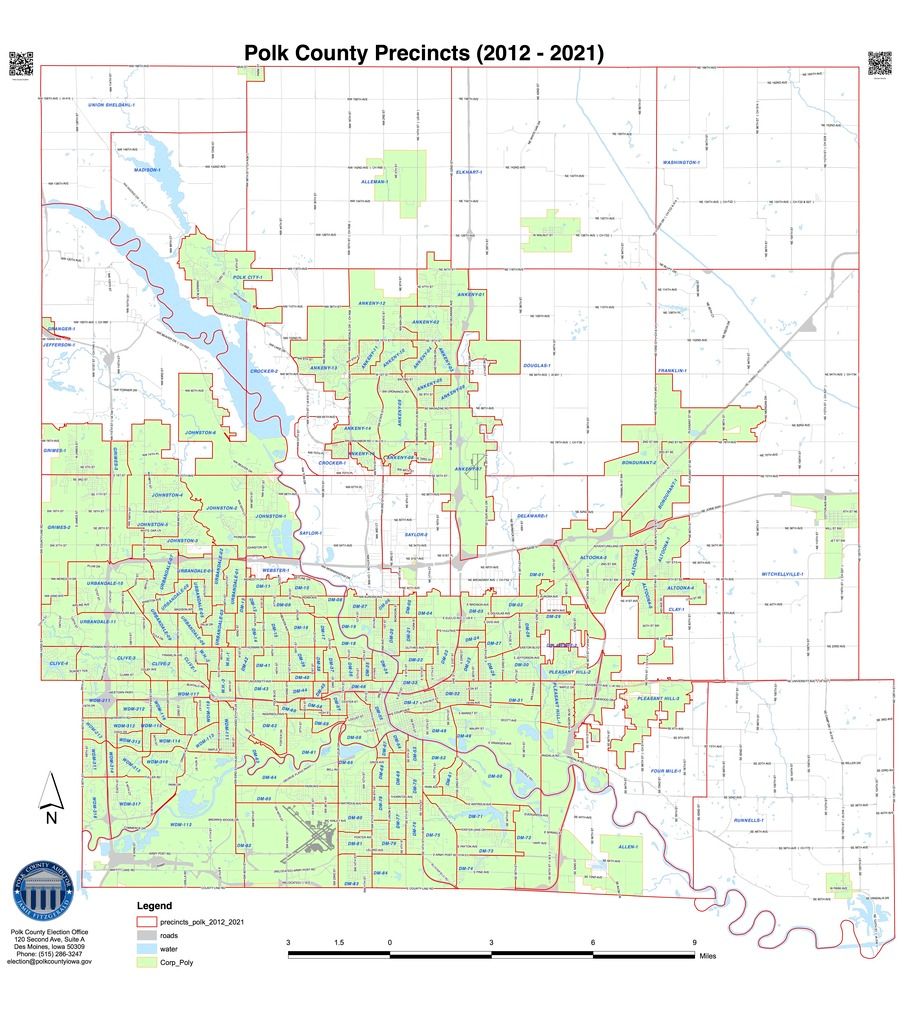As Donald Trump appears increasingly likely to win the Republican nomination, more elected officials are supporting him. This past week, two U.S. House representatives became the first current members of Congress to back Trump. New Jersey Governor Chris Christie and Maine Governor Paul LePage endorsed Trump on Friday. The LePage about-face was hilarious, coming less than a week after he called on GOP governors “to draft an open letter ‘to the people,’ disavowing Mr. Trump and his divisive brand of politics.” On Sunday, U.S. Senator Jeff Sessions of Alabama went public supporting Trump–a embarrassing turn of events for Senator Ted Cruz, who has repeatedly cited Sessions as cover for his stance on immigration reform.
Before the Iowa caucuses, only one GOP elected official in our state publicly supported Trump: State Senator Brad Zaun. That endorsement didn’t reflect any coherent ideology, since Zaun had backed Mitt Romney before the 2008 caucuses, Michele Bachmann before the 2012 caucuses, and was a co-chair for Scott Walker’s campaign last year, saying “we needed someone with some executive experience.” The pivot to Trump had a certain logic, though, as all the presidential candidates Zaun endorsed as a state lawmaker were leading Iowa Republican polls at the time he jumped on the bandwagon.
High-profile endorsements may drive a news cycle or two, but whether they influence a significant number of voters is another question. Join me in taking a close look at how Trump did in Zaun’s Iowa Senate district, which covers much of northwest Polk County.
Iowa Senate district 20 includes Urbandale, Johnston, Grimes, and some rural areas. I enclose below a district map as well as a map showing all Polk County precincts. If the labels on the precinct map are too small to read on your screen, try this page on the Polk County auditor’s website, where you can zoom in.
To my knowledge, the precinct level GOP Iowa caucus results are not posted online. If you contact the Republican Party of Iowa, they will provide a spreadsheet.
Here’s how Trump, Cruz, and Marco Rubio did in each of the 21 precincts in Zaun’s Senate district. In almost all of these precincts, the fourth-place Republican candidate was well behind the top trio. The exception was Urbandale 5, where Ben Carson and Trump tied for third place.
| Precinct | Trump | Cruz | Rubio |
|---|---|---|---|
| Grimes 1 | 89 | 119 | 141 |
| Grimes 2 | 57 | 88 | 69 |
| Grimes 3 | 30 | 36 | 44 |
| Jefferson 1 | 56 | 84 | 64 |
| Johnston 1 | 85 | 82 | 63 |
| Johnston 2 | 55 | 59 | 81 |
| Johnston 3 | 68 | 77 | 137 |
| Johnston 4 | 87 | 87 | 150 |
| Johnston 5 | 71 | 88 | 181 |
| Johnston 6 | 59 | 50 | 82 |
| Urbandale 1 | 73 | 61 | 52 |
| Urbandale 2 | 46 | 88 | 65 |
| Urbandale 3 | 50 | 60 | 65 |
| Urbandale 4 | 59 | 96 | 116 |
| Urbandale 5 | 38 | 51 | 87 |
| Urbandale 6 | 36 | 64 | 85 |
| Urbandale 7 | 88 | 69 | 227 |
| Urbandale 8 | 58 | 73 | 49 |
| Urbandale 9 | 57 | 86 | 82 |
| Urbandale 10 | 72 | 97 | 117 |
| Urbandale 11 | 67 | 70 | 135 |
| total | 1,301 | 1,585 | 2,092 |
You don’t have to be a heavy-duty number cruncher to see that Rubio crushed the competition in Zaun’s Senate district by more than his margin of victory over Cruz and Trump in Polk County as a whole. County-wide, Rubio had 8,365 votes (26.9 percent), Cruz had 7,864 votes (25.3 percent), and Trump had 6,764 votes (21.8 percent).
Trump won quite a few Polk County precincts, mainly in areas less well-off than the prosperous suburban neighborhoods that make up most of Senate district 20. Not surprisingly, the two precincts Trump carried in Zaun’s Senate district (Urbandale 1 and Johnston 1) include older, more working-class neighborhoods. Socioeconomically, those precincts have more in common with many areas in the city of Des Moines than they do with parts of Urbandale and Johnston that lie farther west. For example, Trump gained the most votes in Des Moines 11, which borders Urbandale 1 to the east, and in Webster 1, which borders Johnston 1 to the south.
Republican caucus-goers in other Des Moines suburbs produced similar results. Rubio won the wealthiest precincts by a wide margin, while Trump carried a few precincts with more working-class residents (Clive 2, Windsor Heights 3, West Des Moines 113 and 118). The same factors likely explain why Trump finished just one vote behind Rubio in West Des Moines 111 and only six votes behind in Ankeny 7.
Having failed to align himself with the eventual winner of the Iowa caucuses in 2008 and 2012, Zaun finally picked the right horse–after Walker’s implosion gave him another crack at the task. But his support for Trump does not appear to have carried much weight with the constituents he has represented in the Iowa Senate for nearly twelve years.




No Comments